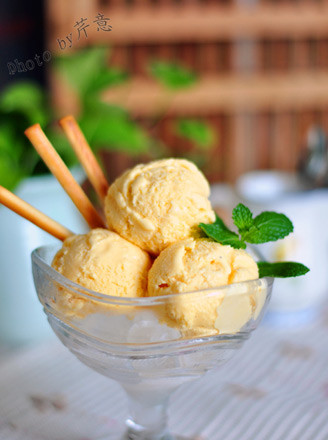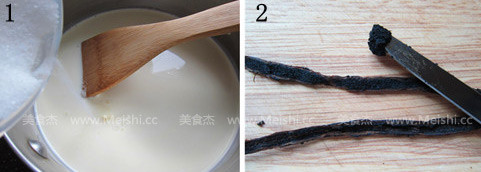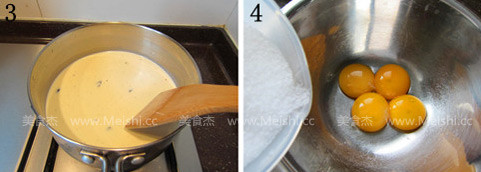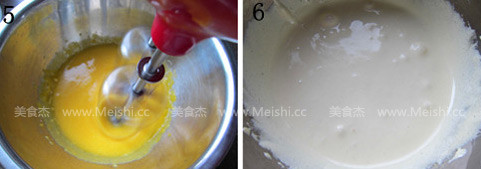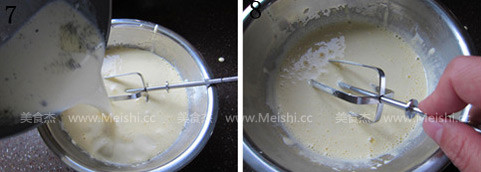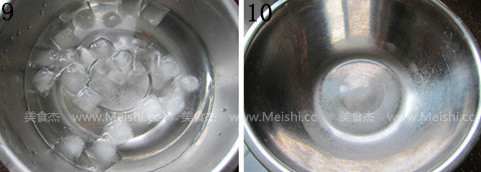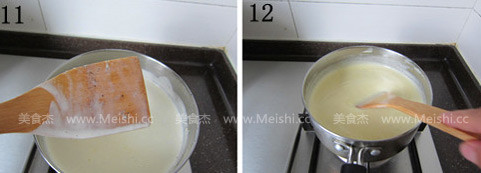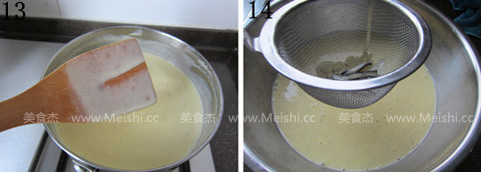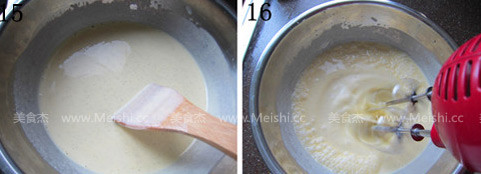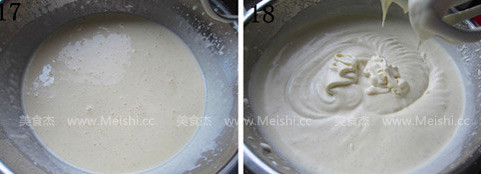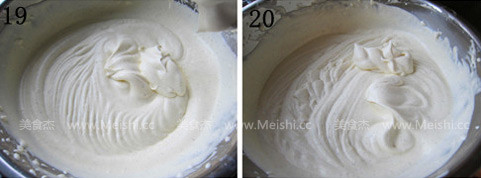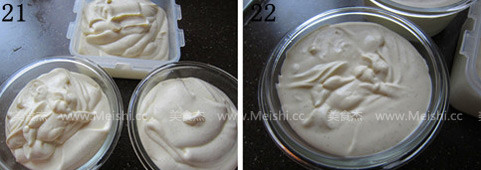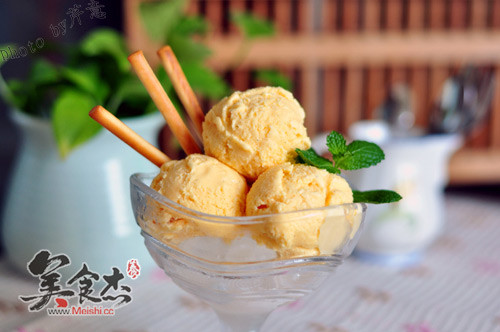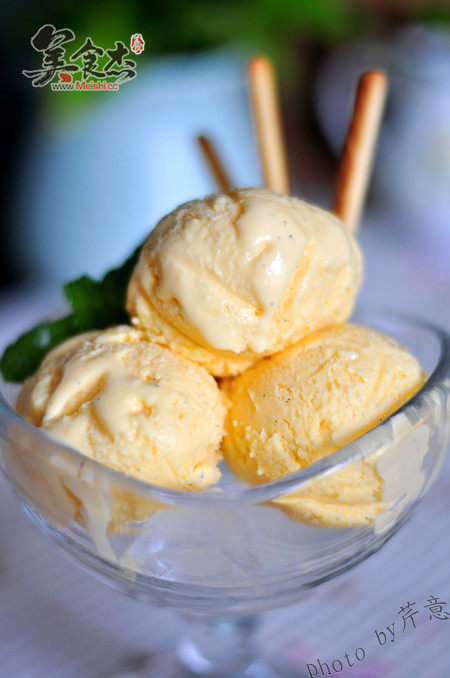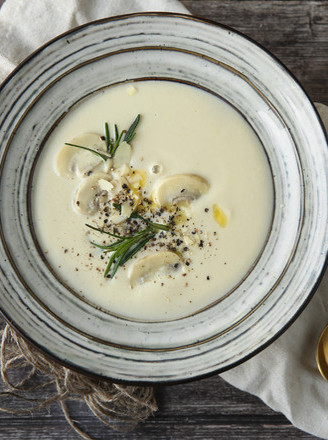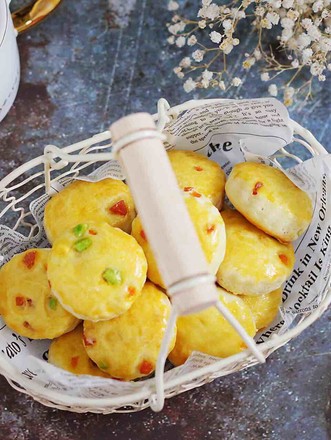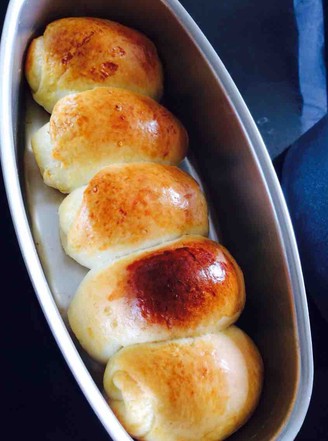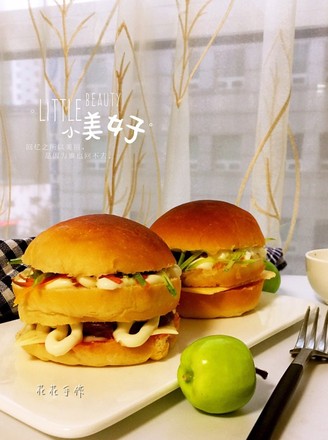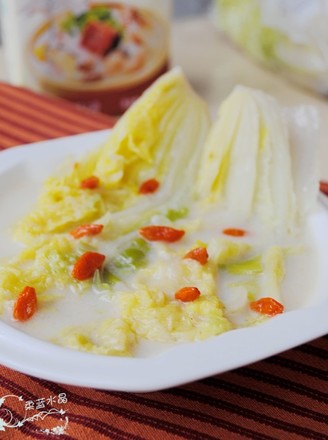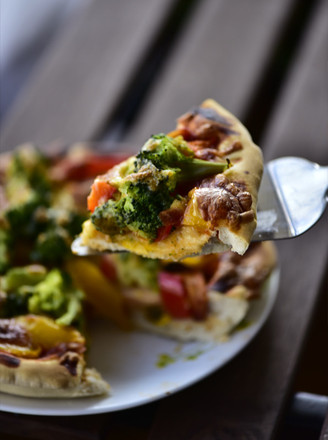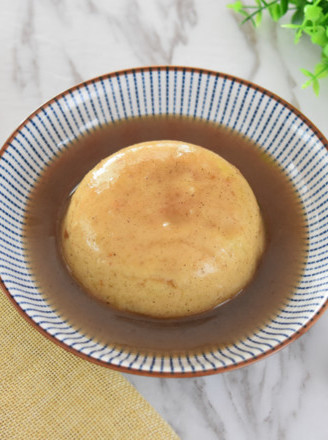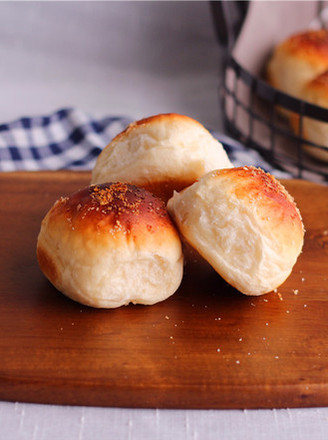French Vanilla Ice Cream
1.
Mix the pure milk, whipped cream and fine sugar of ingredient A, and stir evenly; I put it directly into the pot
2.
Cut the vanilla pod from the middle, use the tip of a knife to adjust the vanilla seeds, and fold the vanilla shell into four or five sections
3.
Add vanilla seeds and vanilla shells into the milk butter pan, turn on a low heat and slowly heat, while heating, stick to the bottom of the pan and stir to prevent the bottom of the pan from being mixed. Heat to a slight boil, turn off the heat, cover the pan and simmer for 5 minutes The flavor of vanilla is fully released
4.
Then start to beat the egg yolk: separate the egg yolk from the egg white, use only the egg yolk (reserve the egg white for other), and add the fine sugar of material B
5.
Dispense immediately with an electric whisk
6.
Stir it until the color becomes white, the volume becomes large, and it is in the state of thick mayonnaise, and the white sugar is almost completely melted.
7.
Add the heated milk cream in the pot to the egg yolk paste in two batches, and add while stirring. Add it for the first time and stir well and then add it again.
8.
Mix well
9.
At this time, prepare a basin of ice water
10.
Put ice water in a clean basin, which has better thermal conductivity (the following steps will be used, prepare in advance, so as not to be in a hurry)
11.
Pour the mixed ice cream paste back into the pot again, turn on a low heat and heat it up slowly. At the beginning, the paste is very thin (Figure 11)
12.
While heating the bottom of the pot, keep stirring slowly to avoid mashing the pot, and more importantly, avoiding the mash boiling (what happens when the mash is boiling? It’s nothing, but the mash will become "egg soup", which affects the taste; the mash will not boil the egg yolk. Will it be familiar? No problem, as long as you stop stirring, you can see the bubbles immediately)
13.
Just heat it to the state shown in the figure: hang it on a wooden spatula, use your finger to make a stroke, the scratches will not merge, and the concentration is just right
14.
Remove the egg batter from the fire, and immediately filter it into a basin with iced water (be sure to prepare it in advance, filtering can remove the vanilla shell and other impurities)
15.
Cool while stirring (the ice water can cool down quickly, and stirring can prevent the skin from smashing during the cooling process)
16.
Cool the batter to room temperature or lower, leave the ice water, and immediately beat it with an electric whisk for about 5 minutes
17.
This is the state after being sent (Picture 17); cover with plastic wrap and freeze in the refrigerator for 40 minutes to 1 hour
18.
Take it out and let it go for another 3 to 5 minutes. This is the second time (Figure 18). (Is it done? No. If you want a good taste, you have to hit it a few more times. Of course, this is fine too)
19.
After being frozen for 40 minutes, the state of being sent for the third time (Picture 19)
20.
I played 4 times. This is the fourth time I sent it (Picture 20) (one time more viscous, and time more fluffy. Low temperature is one reason, and a lot of air is also an important reason. The taste is fine, soft and smooth. No ice slag, all by passing)
21.
Now it can be divided into packaging: it is best to use a smaller airtight container to avoid opening it multiple times when eating.
22.
You have to shake the container to make the surface flat; close the lid and store in the refrigerator

